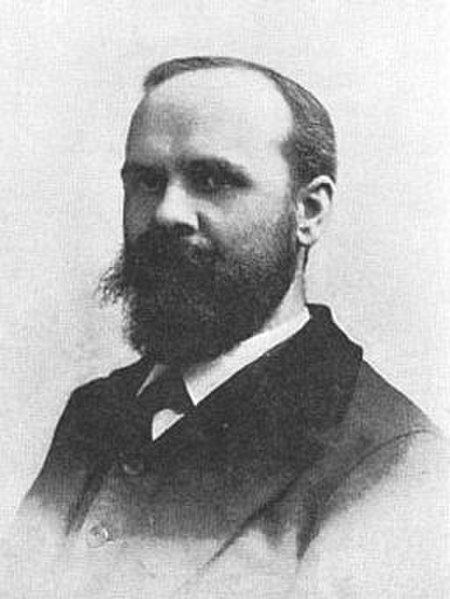Market socialism is a type of economic system involving social ownership of the means of production within the framework of a market economy. Various models for such a system exist, usually involving cooperative enterprises and sometimes a mix that includes public or private enterprises. In contrast to the majority of historic socialist economies, which have substituted the market mechanism for some form of economic planning, market socialists wish to retain the use of supply and demand signals to guide the allocation of capital goods and the means of production. Under such a system, depending on whether socially owned firms are state-owned or operated as worker cooperatives, profits may variously be used to directly remunerate employees, accrue to society at large as the source of public finance, or be distributed amongst the population in a social dividend.
Libertarian socialist mural reading "Free market, anti-capitalist"
Richard D. Wolff is a Marxian economist who is a proponent of workers self-directed enterprises.
Pierre-Joseph Proudhon was the primary proponent of mutualism and influenced many later individualist anarchist and social anarchist thinkers.
Benjamin Tucker, American individualist anarchist
An economic system, or economic order, is a system of production, resource allocation and distribution of goods and services within a society. It includes the combination of the various institutions, agencies, entities, decision-making processes, and patterns of consumption that comprise the economic structure of a given community.
Albert Einstein advocated for a socialist planned economy with his 1949 article "Why Socialism?"
Circulation model of economic flows for a closed market economy. In this model the use of natural resources and the generation of waste (like greenhouse gases) is not included.






